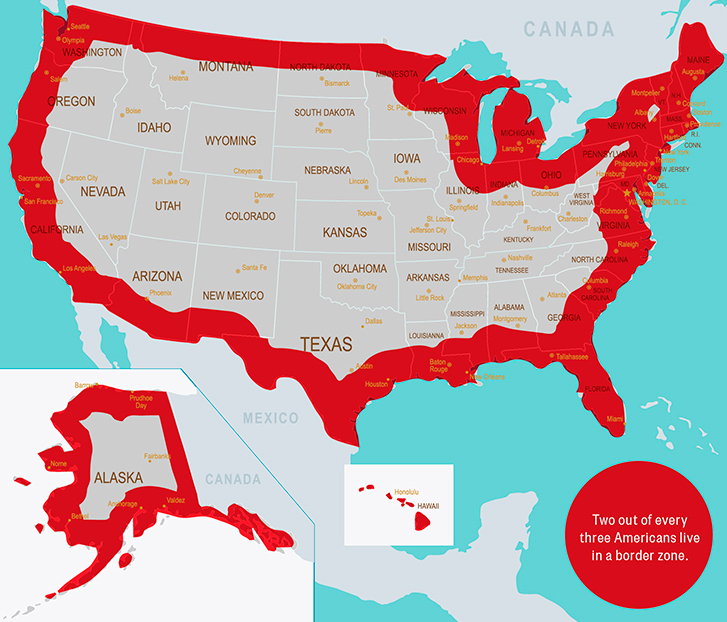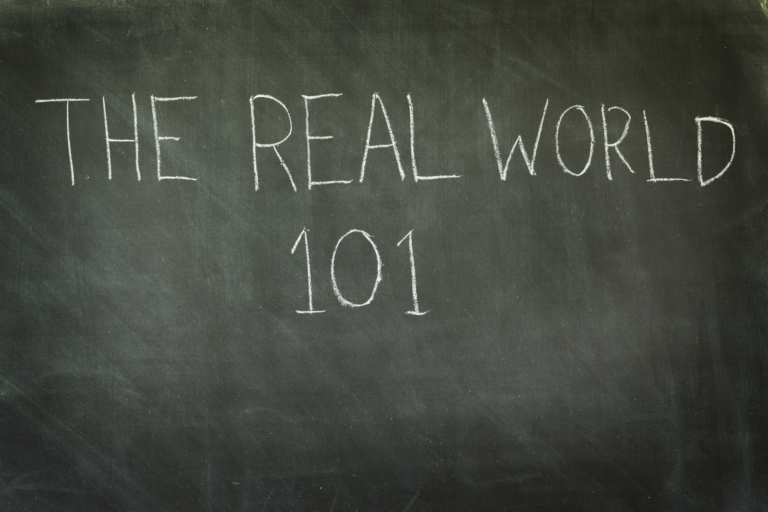Is Classical Liberalism Responsible for Our Problems?
Short answer: absolutely not.
An article from another libertarian institution came to the conclusion that classical liberalism, the founding ideology of the United States, is responsible for the current problems that plague the United States. We do not link this article here because the Classical Liberal Caucus is not interested in fighting other liberty-loving organizations, but we wish to engage with this discussion by providing our take.
Defining Classical Liberalism
First, we begin with a definition of classical liberalism in order to determine whether it is responsible for our current problems. We define classical liberalism as the ideology defined by the liberal philosophies of the 18th century coming out of the Enlightenment, and being expanded by their disciples in the 19th century. This mostly includes John Locke, parts of Montesquieu, and Cesare Beccaria. Their system would later be expanded by their followers like Jefferson, Madison, Tocqueville, and countless others who would espouse the liberal ideology.
It’s difficult to assign a definition to a movement based on philosophers rather than philosophy for various reasons: compare this to Libertarianism whose belief is defined by liberty (hence the name) but our name “classical liberalism” can only be broken down to liberals of the classic era, despite the fact that we’re not bound to all of them.
One of the dark stains on the Enlightenment was the beginnings of racial science used to justify slaveowning and social hierarchies based on race. Remember: the Enlightenment was the abandonment of religion in favor for rational belief when justifying actions. This would extend to the evils of chattel slavery as the rational thinkers of this period had to now justify their hierarchies with “science” instead of religion.
Do we consider chattel slavery to be part of classical liberalism? Absolutely not. But why? It was espoused by some of the classical liberal founders that we just mentioned — like Jefferson. Put simply, we have to pick and choose the core fundamentals of the ideology and then proceed from there. Our definition of classical liberalism as a movement based on the aforementioned philosophers is still correct, but it’s not bound to every single word these individuals wrote. Instead, we take all their compiled work and polish off the edges to reveal true classical liberalism: an ideology of liberty for all by abandoning principles of deference to tyranny to rational thinking using (SOME) outlines born out of the Enlightenment.
This long winded dive into defining classical liberalism is to say that this ideology is not as simple as just saying “whatever the founding fathers said” but instead has nuances that make it different.
Constitutionalism & Classical Liberalism
Our Constitution is a classical liberal document. We accept that truth, but we do not accept our present situation as a byproduct of classical liberalism.
The article we reference here argues that classical liberals succeeded in curbing government from socialists, but that our presumed adherence to limited government over no government through documents like the Constitution made us susceptible to socialism and that our framing of limited government has allowed the public to accept socialism. When a new law is passed through our constitutional system, no matter how authoritarian it is, it becomes a byproduct of our classical liberal ideology — according to this author.
We reject this presumption. The text and foundation of our constitutional system is classical liberal, as we said, but its governance has been anything but so. Classical liberalism was abandoned from the get-go with various statutes that policed morality at the request of the masses. Our Constitution did not go far enough with the classical liberalism. Assume that the executive, legislature, and judicial branches of the federal and state governments all consisted of followers of classical liberalism: our system would look vastly different than what it looked like in our timeline.
The Constitution is a classical liberal document, but it didn’t go far enough at promoting equality of man and so it allowed for the abandonment of classical liberalism which occurred most at the end of the 19th century. From there, the Progressive era takes root and classical liberalism dies an industrial death as progressives now look at government as a tool of social control and order. Had the text of the Constitution gone more harder on classical liberalism, we wouldn’t have the problematic system then nor now. Our present situation is not a feature of classical liberalism, but a fault of not going far enough on it. The Enlightenment is incomplete.
Separation of Powers
The author of the article we respond to also attacked separation of powers as a justification for the expansion of state power. We partially agree here. The institutional separation of powers does expand state power to hold the legislative, judicial, and executive powers and to staff each of these branches appropriately. Each of these branches can, theoretically, encroach on the rights of the individual through authoritarian acts: a court can unnecessarily sanction an individual, a legislature can pass authoritarian laws, and an executive could be a fat orange-colored tyrant in a suit.
But doing so is not classical liberal. If a tyrannical president is made the chief executive, like is the case today, that doesn’t mean that they are a classical liberal. Instead, they are a subversive actor bastardizing the classical liberal system (such is the case today).
Classical liberal theory uses separation of powers to pit the selfish interests of government actors against each other. When an overzealous judge enjoins the actions of a President, he fights the executive to further his selfish interest of dominating the executive branch under the judicial. Similar to how capitalism pits the selfish greed of competing firms against each other to self-regulate by competition, classical liberal government self-regulates by competition of the separated branches. This ideology is capitalism of government.
The opponents of separation of powers espouse monarchy instead of classical liberal democratic republicanism. Democracy, for all its faults (which can be limited under republicanism), brings one special benefit that monarchy cannot. Like how separation of powers places branches of government in an arena to battle, democracy brings the people to battle government with their competing interests. A monarch has no allegiance to his people, but a president does. A tyrannical monarch is stopped only by bloodshed against his followers, but a democratically-elected president is stopped by a ballot. Presuming that our goal in creating a political theory that balances utilitarian ends with Kantian means, classical liberalism’s democratic republicanism stands out as a system that produces the most net freedom compared to any other system in the world. The United States, for all its faults, still stands as the Libertarian’s freest country in the world because of classical liberalism. The faults and problems of the United States are not the fault of classical liberalism, but instead are the result of an abandonment of classical liberalism.
This is where the Classical Liberal Caucus steps in.






